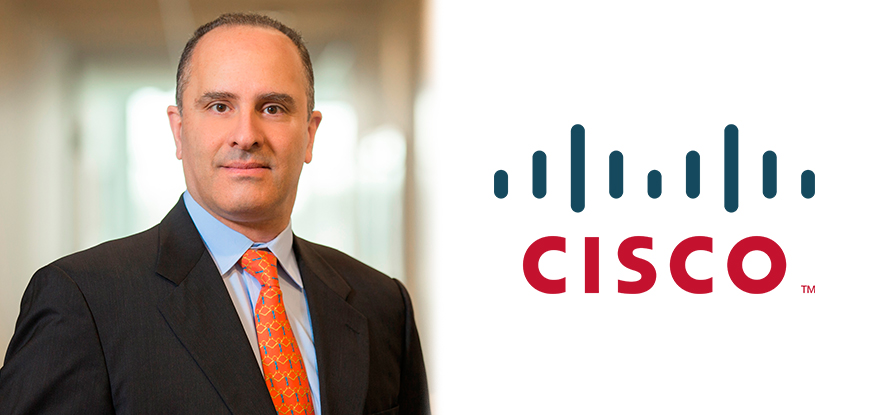EITC partners with ConsenSys on first blockchain platform as a service in UAE

EITC (du), from Emirates Integrated Telecommunications Company (EITC), will build the first Blockchain Platform as a Service in UAE (BPaaS) in partnership with ConsenSys, the leading blockchain solutions provider and venture production studio building decentralized applications and offering an integrated set of solutions for the Ethereum blockchain ecosystem.



